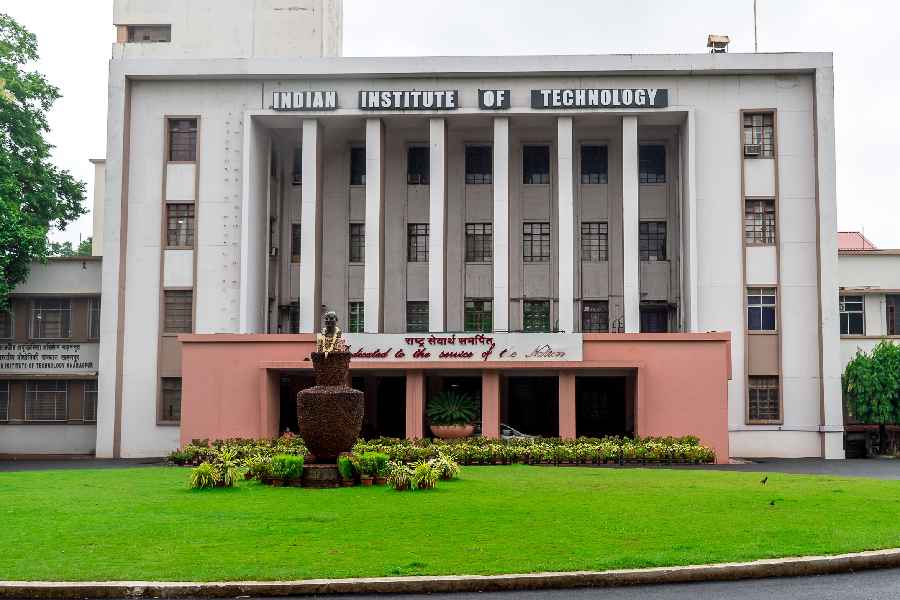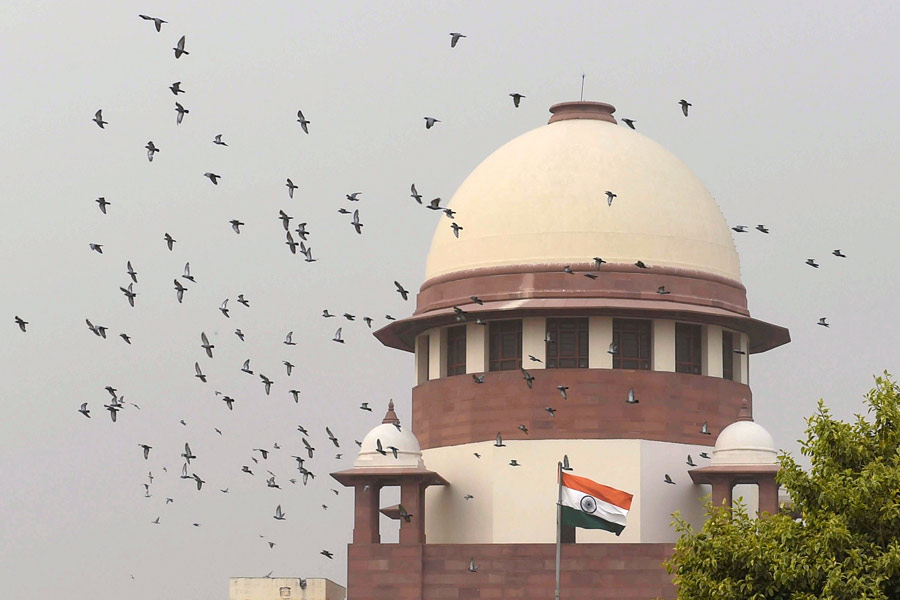A fourth-year mechanical engineering student at the Indian Institute of Technology (IIT) Kharagpur was found dead inside his hostel room on Friday morning, marking the fourth unnatural student death at the institute in seven months.
The student, identified as 21-year-old Ritam Mondal, a resident of Kolkata, was discovered hanging in Room 203 of Rajendra Prasad (RP) Hall.
According to police, Ritam had not responded to his friends’ repeated knocks in the morning. Alarmed, they alerted hostel authorities, who then informed the local Hijli police outpost.
Police and campus security broke open the door around 11.30am and found Ritam hanging. He was rushed to the BC Roy Hospital on campus, but was declared dead on arrival.
“We have registered a case of unnatural death and launched an investigation. Prima facie, it appears to be a suicide, but we are awaiting the post-mortem report for confirmation,” said a police officer.
The autopsy will be videographed, and the student's family has been informed, the officer added.
Ritam’s death adds to a series of student fatalities in India’s most prestigious engineering institutions.
On January 12, Shaon Malik, a third-year electrical engineering student, died by suicide. His body was discovered by his parents during a visit to the campus.
On April 20, Aniket Walker, a 22-year-old final-year student of Ocean Engineering from Maharashtra, was found hanging in his room at JC Bose Hall.
Mohammad Asif Qamar, a third-year B.Tech student from Bihar, was found dead in his room in Madan Mohan Malviya Hall on May 4.
In October 2022, Faizan Ahmed, a third-year mechanical engineering student from Assam, was found dead in his hostel room. It was declared a case of suicide.
But the Calcutta High Court ordered the exhumation of Faizan’s body in 2023 for a second post-mortem, after a petition by his family.
The re-autopsy revealed gunshot and stab wounds, leading forensic experts to conclude that the death was homicidal.
The court criticised IIT-Kharagpur for failing to document Faizan’s injuries or act on ragging complaints he had allegedly made earlier.
A special investigation team was formed and narco-analysis tests were cleared for suspects. The case is still under investigation.
IIT-Kharagpur recently announced the formation of a 10-member mental health task force comprising psychologists, legal and police officials, counsellors, educationists, and alumni.
The committee is tasked with identifying structural gaps and offering expert recommendations within three months.
The panel will also “assess the current mental health ecosystem” and engage with all stakeholders, including students and faculty, said the institute.
The institute also decided to file a first information report for every student death on campus after the Supreme Court questioned whether an FIR had been registered in the Qamar case.
Among the other interventions launched is the “Campus Mothers” programme — a support initiative that ropes in women faculty and staff members to act as informal emotional mentors to students.
These volunteers are being trained in basic counselling and communication skills to serve as accessible support figures for distressed students.
But student organisations and mental health advocates argue that the current institutional responses remain reactive and lack long-term vision.
Many have called for structural reforms, more empathetic campus cultures, and increased investment in psychological services.
Student deaths have reignited a national debate about the mental health infrastructure across elite institutions in India.
Data shared in Parliament last year showed that between 2005 and 2024, 127 suicides were reported across India’s IITs — with IIT Madras (26), IIT Kanpur (18), IIT Kharagpur (14), and IIT Guwahati (13) topping the list.
From January 2018 to March 2023, at least 33 students died by suicide across IITs.
Experts say the reasons for student suicides range from academic stress, peer pressure, and isolation, to caste discrimination, poor faculty-student engagement, relationship issues, and concerns over placements and future career paths.










